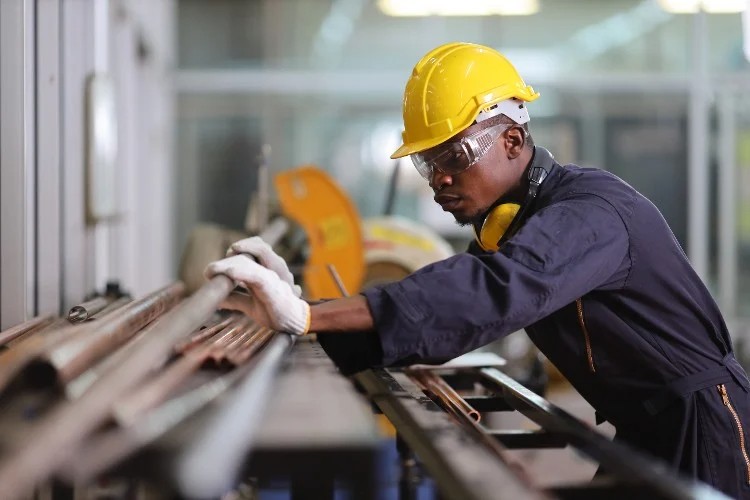- From constructing towering skyscrapers to repairing roads and bridges, blue-collar workers are the architects of the tangible progress we see.
In our relentless pursuit of success and societal progress, blue-collar jobs often overshadow the allure of white-collar professions.
However, it is high time that we acknowledge and appreciate the invaluable contributions of those working in the trenches – the welders, mechanics, electricians, and countless others who form the backbone of our society.
Blue-collar jobs are the unsung heroes of our economy, driving the engine of physical infrastructure and essential services. These hardworking individuals often toil behind the scenes, yet their craftsmanship and dedication are woven into the very fabric of our daily lives.
From constructing towering skyscrapers to repairing roads and bridges, blue-collar workers are the architects of the tangible progress we see.
One of the most admirable aspects of blue-collar jobs is the tangible nature of their outcomes. A skilled welder leaves behind a sturdy structure; a meticulous plumber ensures the smooth flow of water in our homes.
Read More
In a world where intangible services dominate the narrative, witnessing the concrete results of one's labour is profoundly satisfying.
Moreover, the demand for skilled blue-collar workers is ever-present. While automation encroaches on specific industries, the need for human expertise in hands-on roles still needs to be improved.
This ensures job security for those in the blue-collar sector and highlights the resilience of these professions in the face of technological evolution.
Despite their merits, blue-collar jobs often face stigmas that undermine their significance. It is crucial to dispel the misconception that a white-collar job is inherently more prestigious or intellectually challenging.
The expertise required to excel in a trade is no less commendable than that demanded by a corporate boardroom.
In an era that champions inclusivity and diversity, it is essential to recognize and celebrate the diversity of skills and talents within our workforce.
By elevating the status of blue-collar jobs, we can bridge the gap between societal perceptions and the reality of these individuals' crucial roles.




-1766009103-md.jpeg)





-1766009103-sm.jpeg)

